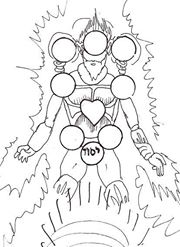“When you enter the Land that God is giving you…you shall take from the first of all the fruit of the ground” (Dt 26:1-2). From these words we learn that everything that is for God’s sake should be of the best and most beautiful (cf. Rambam), as the Torah says: “Kol Khelev leHaShem” – Read More



